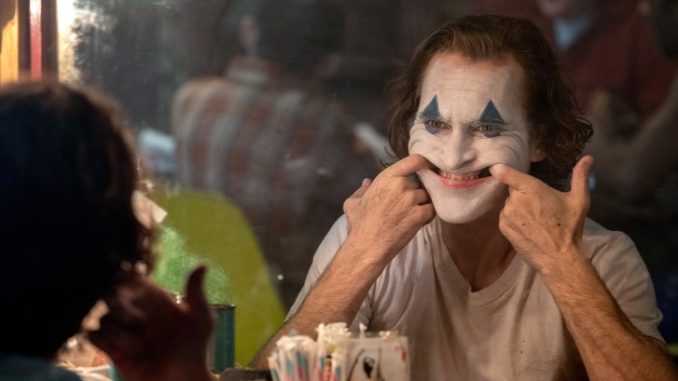
It wasn’t too long ago when we covered the courageousness and transparency of Basketball Wives and The Real World reality star Tami Roman. Now, just a few months later, the mother of two has been bombarded with comments on her weight all over social media. Having enough of the chatter, Roman went on to daily talk show The Real to reveal that she has been battling the mental illness Body Dysmorphic Disorder (BDD), a condition that involves obsessing over perceived flaws of body-image.
Roman shared in the interview, “I was diagnosed in 2008. I had to go to therapy. And anybody that has this disorder has to go to behavioral therapy because they have to unlearn things that they have been channeling within their mind and convincing themselves of, however long they’ve been dealing with the disease — with the disorder.”
The disorder can disrupt the ability to function normally and causes cognitive impairment. Patients that suffer from the disorder also experience a decline in quality of life. About 80% of people who have the illness report that they have contemplated or attempted suicide, according to the National Library of Medicine. Others resort to substance abuse to self-medicate, with 48.9% of those studied reporting use of alcohol and cannabis.
In some instances, some people have illustrated the disorder by obtaining a dangerous amount of plastic surgery. Oftentimes, those diagnosed with BDD are seeking to reach perfection and will obsessively obtain procedures until they’re unrecognizable.
Usually, the disorder begins in childhood as pressure from social circles and media influence body-image perception. Body Dysmorphic Disorder has been on the rise with the popularity of visual-based social media platforms. The celebration of plastic surgery and very apparent change in the formation of clothes in the fast fashion sector have further contributed to unrealistic expectations of how a body should look.
Roman knows all too well the effects of social media. Although she appears to be self-aware, the disorder overwhelms her ability to rationalize. She’s currently not receiving therapy, but says she is managing the illness one day at a time.

Roman continues, “People on social media, it’s so prevalent now and people just feel like they can say anything they want to say. You don’t know what a person is dealing with and technically, it’s body shaming on the other end of the spectrum.”
BDD is a treatable condition, but requires a lot of support. Along with therapy, sufferers of BDD can get help from support groups, listen to podcasts on the subject to learn more information, or reach out to the Body Dysmorphic Disorder Foundation helpline.



